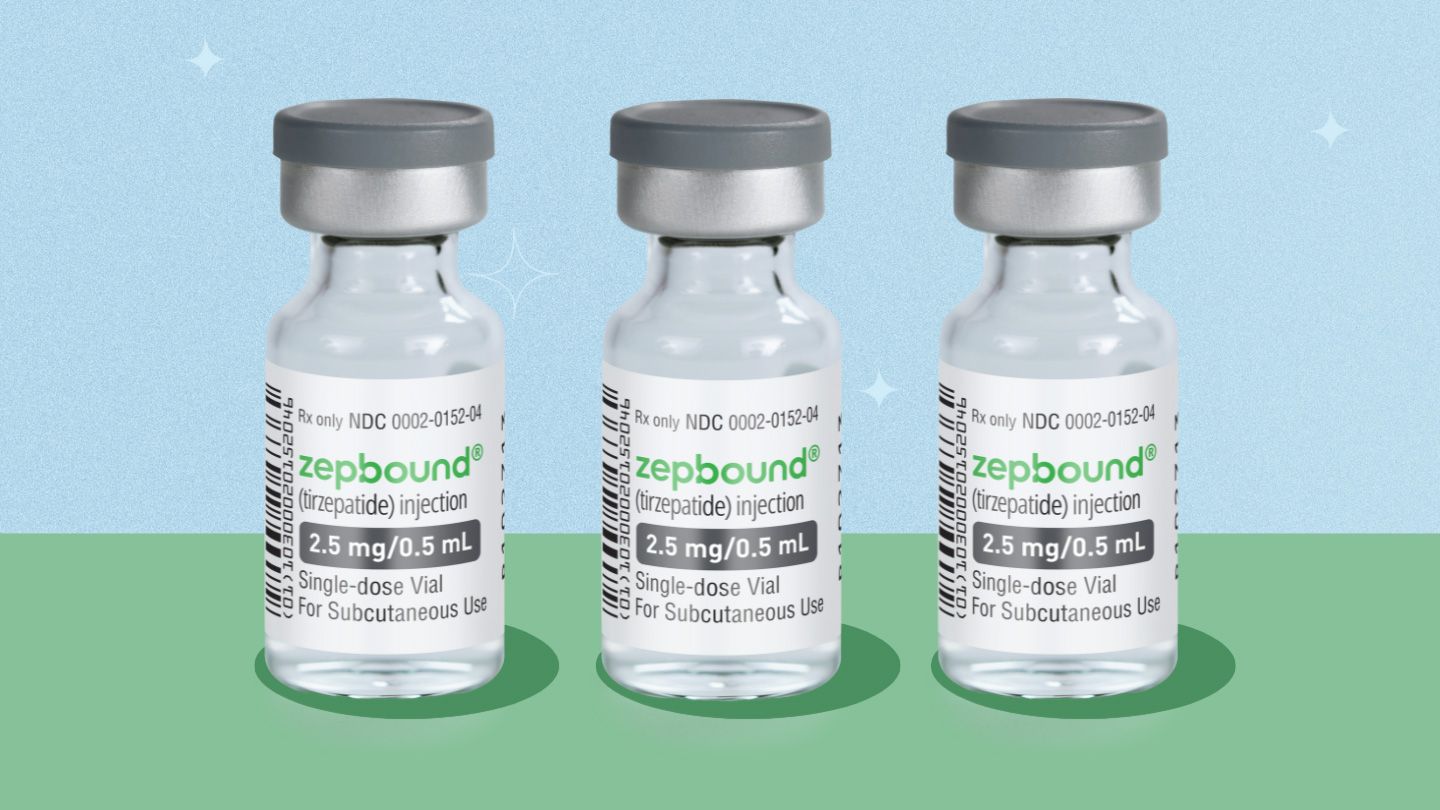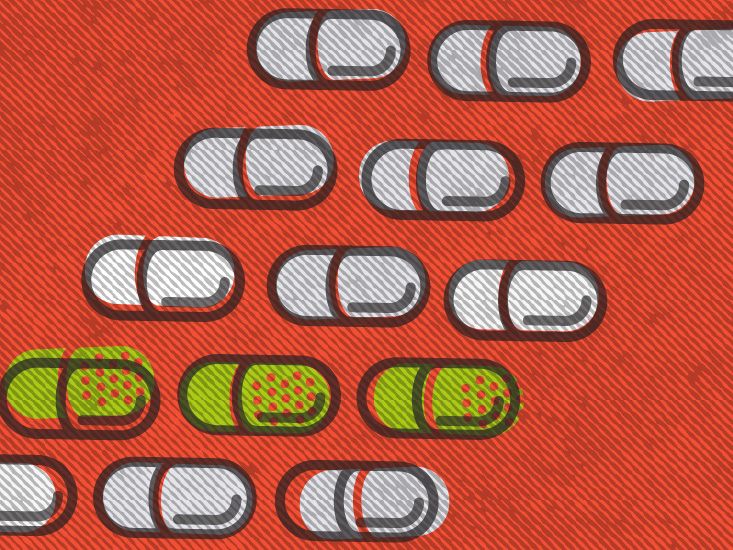Can Coughing Cause PVCs?
Premature ventricular contractions (PVCs) are extra, abnormal heartbeats that begin in one of your heart's two lower pumping chambers (ventricles). These extra beats disrupt your regular heart rhythm. While PVCs are very common and typically harmless, frequent PVCs may indicate an underlying heart condition.
Coughing is your body's natural reflex to clear your airways of irritants and mucus. It increases pressure inside your chest cavity, which can trigger heart palpitations or abnormal heart rhythms like PVCs. But can occasional coughing spur PVCs, or might it signal a cardiovascular issue?
What Causes PVCs?
Doctors aren't always sure what causes PVCs, but factors that may contribute include:
- Stress and anxiety
- Caffeine, alcohol, nicotine
- Sleep deprivation
- Electrolyte imbalances
- Structural heart disease
In people with otherwise healthy hearts, common everyday occurrences like breathing deeply, swallowing, coughing or sneezing can spur isolated PVCs by impacting the heart's electrical system. These are considered normal and don't require treatment.
How Might Coughing Cause PVCs?
When you cough forcefully, you bear down, increasing pressure inside your chest. This can essentially "squeeze" the healthy electrical impulses that control your heartbeat, resulting in extra beats.
Coughing fully empties air from the lungs before drawing a fast, deep breath back in. This rapid breathing pattern interferes with normal oxygen and carbon dioxide levels in the blood, which may trigger PVCs.
The valsalva maneuver (attempting to forcibly exhale with nostrils and mouth clenched shut), which naturally happens during coughing or sneezing fits, also intensifies the pressure changes around the heart, making PVCs more likely.
What PVCs Feel Like
PVCs may cause an uncomfortable or pronounced pause before an early, "skipped" heartbeat. Then you may feel your heart racing to catch up. The odd heartbeat seems to come out of nowhere. Other descriptions of PVCs include:
- Fluttering in your chest
- Heart palpitations
- Odd pounding heartbeats
- A flopping sensation in chest
While frightening, isolated PVCs after the occasional cough are very seldom dangerous in healthy people. However, frequent PVCs may require a cardiac exam to determine if an underlying heart condition needs treatment.
When to See Your Doctor
In most people, infrequent PVCs after coughing don't indicate heart disease. They may continue sporadically with viral respiratory infections or flare with triggers like caffeine before resolving.
PVCs are generally considered harmless in people with otherwise normal hearts. But frequent PVCs may signal possible heart disease in some people. Cardiovascular evaluation may be warranted if you experience PVCs in any of these scenarios:
You Have a Heart Condition
If you have an underlying heart condition like congenital heart disease, heart valve abnormalities, prior heart attack or heart failure, frequent PVCs should be evaluated, even if you have no symptoms.
You Smoke or Have Risk Factors
Multiple cardiovascular risk factors like smoking, diabetes, high blood pressure or high cholesterol can increase your risk for developing heart disease linked to PVCs. The more risk factors you have, the more likely frequent PVCs may indicate a problem.
PVCs are Frequent or Worrisome
See your doctor promptly if you have:
- More than 5 PVCs per minute with sustained rapid heart rate
- A sudden increase in frequency of PVCs
- PVCs paired together (couplets) or in a row of 3 or more
- A noticeable change in PVC frequency when you change positions
- Lightheadedness, dizziness or fainting with PVCs
Rarely, frequent PVCs over a long period may increase the risk for cardiomyopathy, or weakened heart muscle. Evaluation is important.
You Feel Symptoms
See your doctor promptly if you experience PVCs accompanied by:
- Shortness of breath
- Chest pain or pressure
- Racing or pounding heartbeat
These may signal an undetected heart condition requiring further evaluation.
Diagnosing PVCs
If frequent PVCs have your doctor concerned about a potential heart condition, further diagnostic testing may include:
Physical Exam
Your doctor will listen to your heart sounds and check your blood pressure, pulse, lungs and legs for swelling.
Electrocardiogram (ECG or EKG)
This test charts your heart rhythm and electrical activity. It can confirm PVCs and detect signs of structural heart disease.
Holter or Event Monitor
You wear these portable devices for days to weeks to record your heart rhythm during normal activity and symptoms.
Echocardiogram
An ultrasound produces images allowing measurement of your heart's size, structure, and function.
Blood Tests
These check for electrolyte imbalances and markers indicating a prior heart attack.
Stress Testing
Cardiac stress testing assesses how your heart responds to exertion while walking on a treadmill or pedaling a stationary bike.
When Are PVCs Treated?
Treatment for PVCs depends on multiple aspects like your heart health, their frequency, effects on your quality of life, and whether heart disease or rhythm problems are detected on testing.
Relieve PVC Triggers
In healthy people, modifying behavioral PVC triggers can help:
- Avoid/reduce caffeine, alcohol, smoking
- Prevent dehydration and electrolyte imbalance
- Reduce stress with relaxation techniques
- Improve sleep habits
Treat Underlying Conditions
Identifying and treating underlying heart disease or rhythm abnormalities causing PVCs may include:
- Blood pressure and cholesterol medications
- Surgery to repair faulty heart valves or congenital defects
- Pacemakers or implantable cardioverter defibrillators (ICDs)
- Ablation therapy to scar short-circuiting heart tissue triggering PVCs
Take Medications
Suppressing symptomatic PVCs with calcium channel blockers, beta blockers or anti-arrhythmic drugs may help prevent complications in some cases. These medications require oversight to ensure safety.
In rare cases uncontrollable, dangerous ventricular tachycardia can develop from frequent PVCs, requiring aggressive treatment.
Outlook for PVCs
Isolated PVCs affecting less than 1% of your daily heartbeats have an excellent long-term prognosis in healthy people after respiratory infections. Reducing provoking factors can decrease occurrences.
Frequent, bothersome PVCs or those possibly related to heart disease require medical determination of their significance. Diagnostic testing and appropriate treatment of underlying cardiac abnormalities often helps minimize PVCs over the long-term.
FAQs
What are PVCs?
PVCs, or premature ventricular contractions, are extra, abnormal heartbeats that begin in one of your heart's two lower pumping chambers (ventricles). These extra beats disrupt your regular heart rhythm.
What causes PVCs?
Doctors aren't always sure what causes PVCs, but factors may include stress, caffeine, alcohol, nicotine, lack of sleep, electrolyte imbalances, and structural heart disease. In people with otherwise healthy hearts, everyday occurrences like coughing can spur isolated PVCs.
What do PVCs feel like?
PVCs may cause uncomfortable pauses before an early, "skipped" heartbeat. You may feel fluttering, palpitations, pounding, or flopping in your chest. While frightening, isolated PVCs after coughing are seldom dangerous in healthy people.
When should I see a doctor about PVCs?
See your doctor promptly if you have frequent PVCs, worsening symptoms, or heart disease risk factors. Evaluation is important since frequent PVCs may increase the risk for cardiomyopathy in some cases.
Disclaimer: This article is for informational purposes only and does not constitute medical advice. Always consult with a healthcare professional before starting any new treatment regimen.
Related Coverage
Manage a bicuspid aortic valve with diet, safe exercise, and key lifestyle avoidances to lower risk and stay active for life....
Learn about lipoprotein(a) or Lp(a), a genetic cholesterol that raises heart disease risk when elevated. Get screened and understand your levels....
Aortic regurgitation causes a backward blood leak, leading to fatigue, breathlessness, heart strain; learn symptoms and treatment....
Broken heart syndrome mimics a heart attack but heals quickly. Find key symptoms, diagnosis, treatment and recovery advice....
Unmanaged high cholesterol can manifest in yellow growths, eye rings, earlobe creases, and other skin changes. Learn to recognize these facial signs prompting medical evaluation....
Excess weight fuels inflammation and plaque, raising obesity and heart disease risk. Get proven steps to protect your heart today....
Looking for Vyndamax Vyndaqel side effects? Learn what to expect, common reactions, serious warnings, and tips for managing safely....
Cut the Camzyos cost with smart insurance steps, $10 copay programs, free echo assistance and foundation grants—start saving now....
Excess abdominal gas from poor digestion can stimulate nerves that signal the heart, resulting in extra abnormal heartbeats known as PVCs (premature ventricular contractions)....
An aortic stenosis murmur indicates a narrowed valve. Find out its sounds, symptoms, diagnosis steps, and treatment paths....








